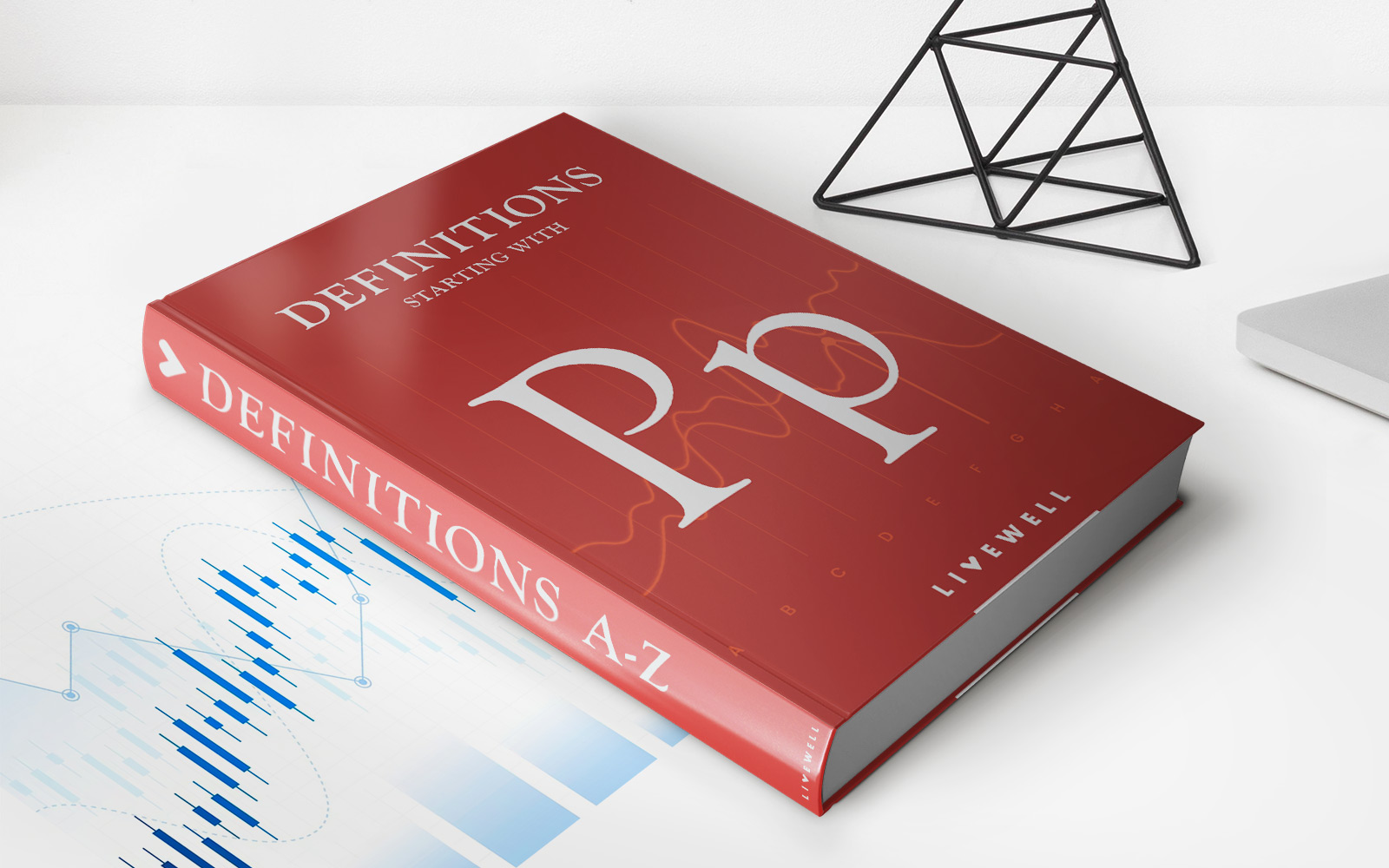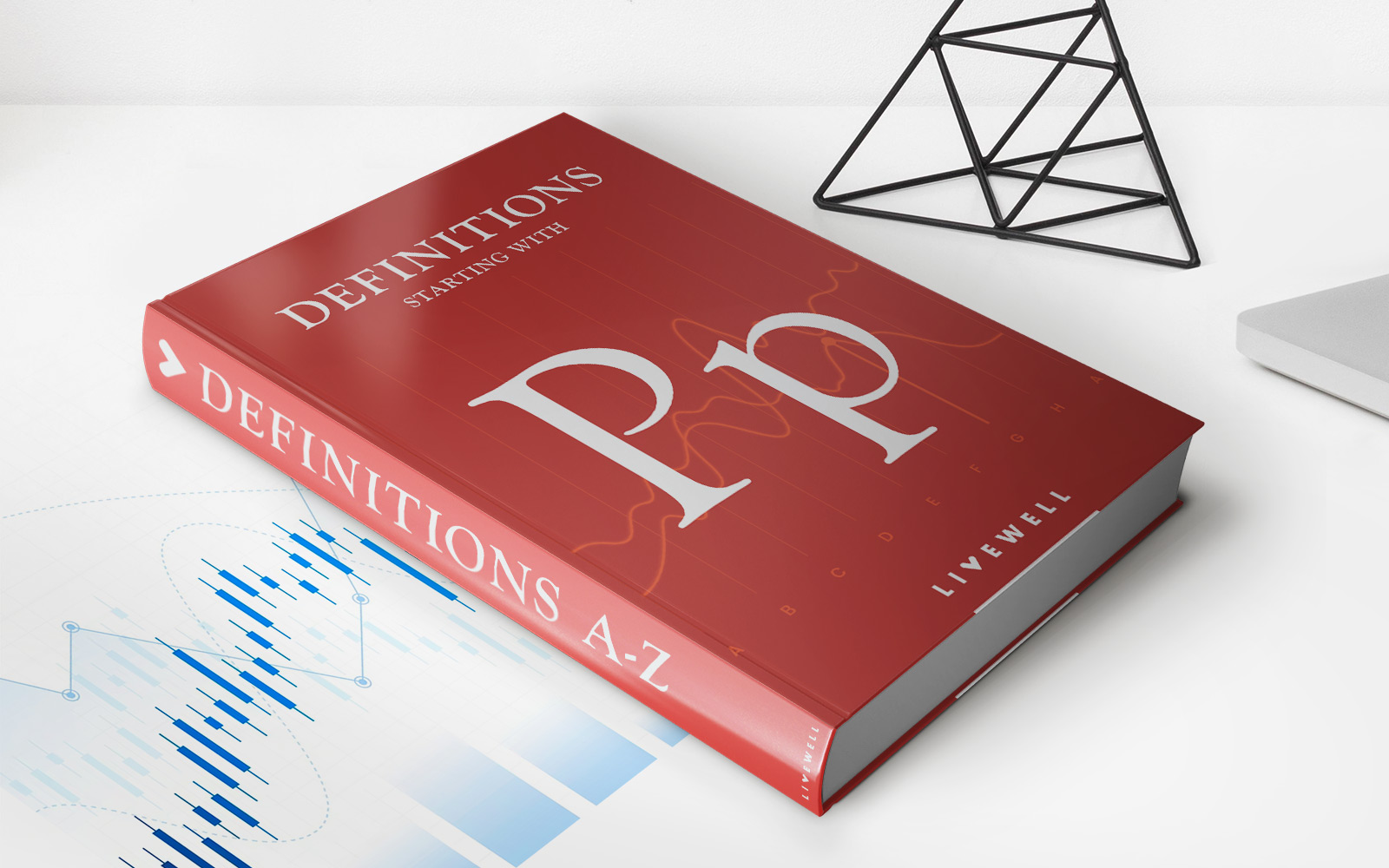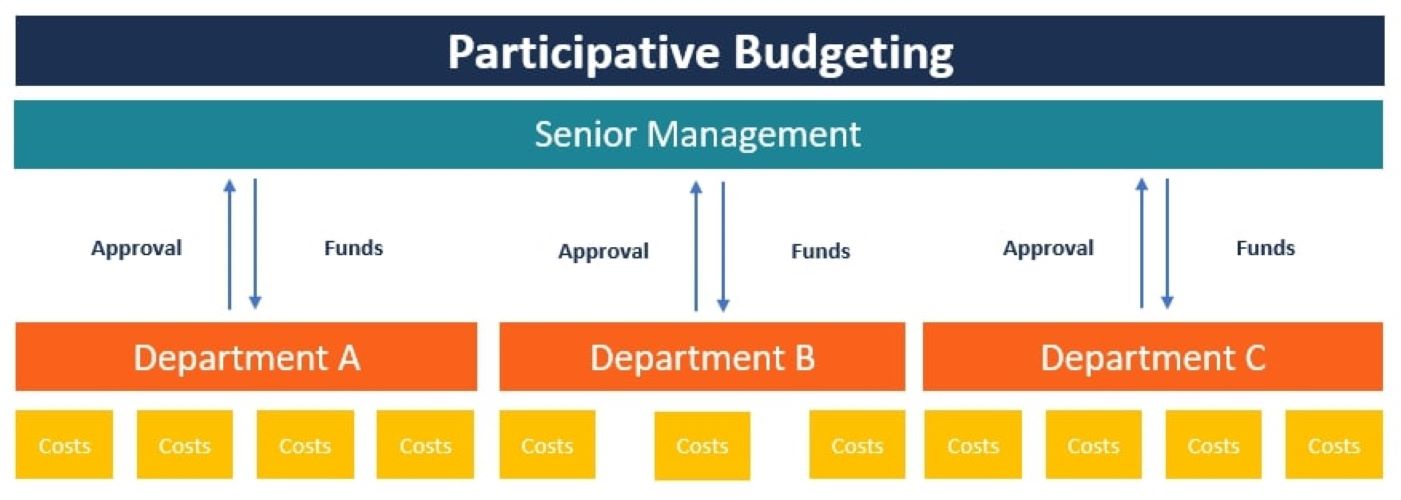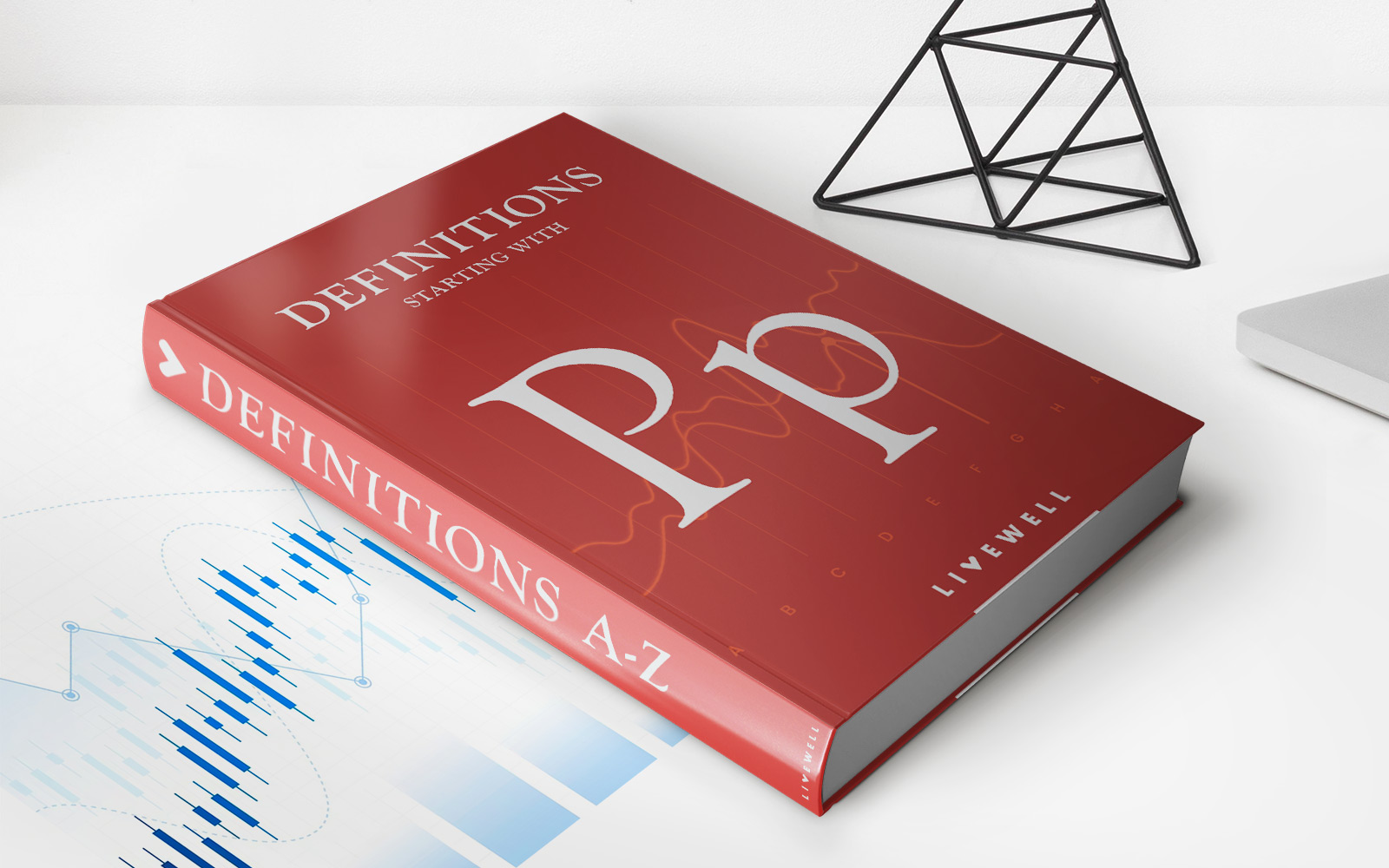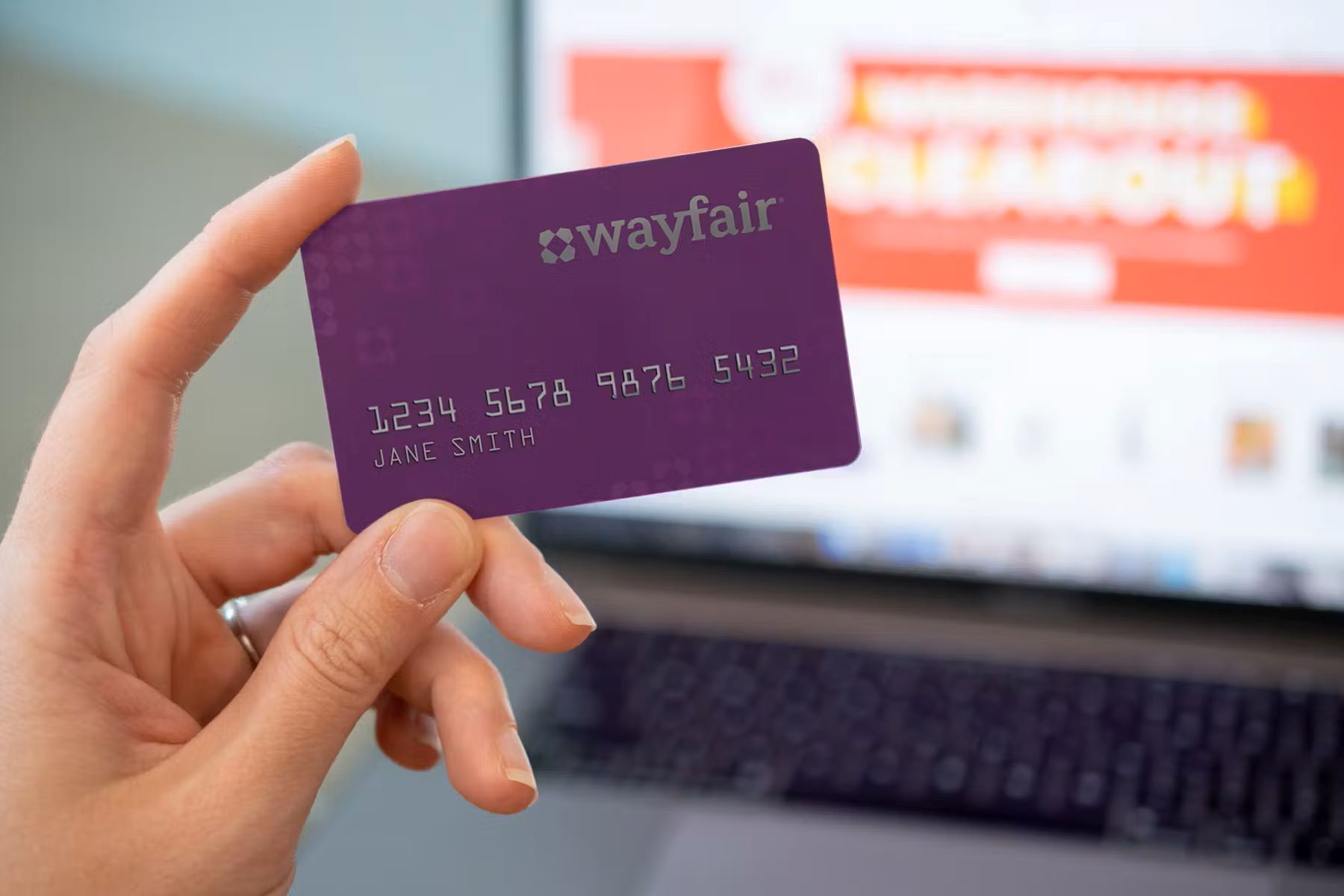Home>Finance>What Is An Authorized Participant? Definition, Examples, Benefits


Finance
What Is An Authorized Participant? Definition, Examples, Benefits
Published: October 10, 2023
Learn what an authorized participant is and its role in finance. Explore examples and discover the benefits of this crucial concept.
(Many of the links in this article redirect to a specific reviewed product. Your purchase of these products through affiliate links helps to generate commission for LiveWell, at no extra cost. Learn more)
What is an Authorized Participant? Definition, Examples, Benefits
Welcome to our finance blog category! Today, we are going to dive into the world of investing and learn about the important role of an Authorized Participant. Whether you’re a seasoned investor or just starting out, understanding the role and benefits of an Authorized Participant can be crucial for successful investment strategies.
Key Takeaways:
- An Authorized Participant (AP) is typically a large financial institution or brokerage that is approved to create or redeem shares of an exchange-traded fund (ETF).
- Authorized Participants help facilitate liquidity in the ETF market and play a crucial role in maintaining the ETF’s market price.
So, what exactly is an Authorized Participant? An Authorized Participant, also known as an AP, is typically a large financial institution or brokerage that is approved to create or redeem shares of an exchange-traded fund (ETF). This means that they have the authority and responsibility to buy or sell the underlying securities that make up an ETF, and in turn, create or redeem shares of that ETF.
Authorized Participants play a pivotal role in the functioning of the ETF market. Here are a few key benefits and examples of how they contribute to the overall ecosystem:
Benefits of an Authorized Participant:
- Liquidity: One of the vital benefits of an Authorized Participant is their contribution to market liquidity. APs can step in to create new ETF shares when there is demand, and redeem shares when there is excess supply. This process helps keep the market price of an ETF in line with its underlying assets and ensures that investors can easily buy or sell the ETF at a fair price.
- Arbitrage Opportunities: Authorized Participants have the ability to exploit any price discrepancies between an ETF and its underlying securities. By buying the undervalued assets and creating new ETF shares, or redeeming ETF shares when the market price is higher than the underlying assets, APs can profit from arbitrage opportunities. This activity helps to maintain the fair value of the ETF and keeps it closely aligned with its underlying assets.
Examples of Authorized Participants include well-known financial institutions such as J.P. Morgan, Goldman Sachs, and Bank of America Merrill Lynch. These institutions have the necessary infrastructure, expertise, and regulatory permissions to carry out the functions of an Authorized Participant.
In conclusion, Authorized Participants play a vital role in the functioning of the ETF market. They provide liquidity, facilitate fair pricing, and contribute to the overall efficiency and stability of the market. Understanding the role and benefits of an Authorized Participant is important for investors looking to utilize ETFs as part of their investment strategy.
We hope this article has shed some light on the concept of an Authorized Participant. Check out our other finance blog posts for more informative content!

